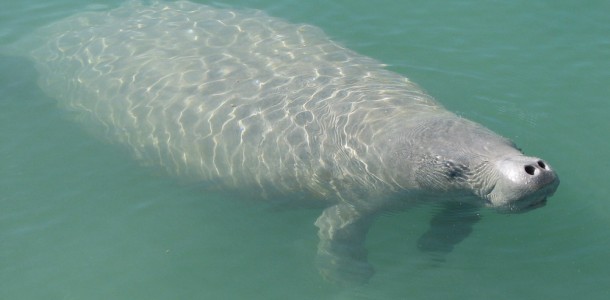Conservation in Belize – The Wildlife Conservation Society's Ocean Giants Program
By Jack Wilde
Island Expeditions is proud to be involved in various conservation efforts in Belize. In this article, we get a glimpse of the work of the Wildlife Conservation Society, which is doing important work in the marine environment.
It's early May. The dry season is nearing its end and the trade winds blow low, ragged clouds across the sky. Just arrived is a group of students, here on a course in Field Biology. The students come from a variety of Ontario universities under the guidance of Graeme Taylor from the University of Western Ontario.
The students are filing past the Research House, down near where we keep the kayaks. A few visiting marine biologists are sitting at a picnic table in front of the house as my group of students files past. As we pass the research team, one of the students turns to me and asks, almost in a whisper, “Is that Rachel Graham?”
“Yes, it is.” I reply and her eyes widen a little. “I have been reading about her research.” She tells me.
Rachel heads the Belizian component of what is known as the Ocean Giants Program, a global effort by the Wildlife Conservation Society to better understand and protect several keystone species in the marine ecosystem.
This team of biologists is tracking and tagging sharks, stingrays and turtles as part of a long-term project to understand their population dynamics, and their movements. This is an incredible opportunity for the students; to see real field biologists in action, and to get some first-hand experience in the field. For the researchers it is a chance to present their work and their findings to an appreciative audience, and to get some extra hands to help them collect their data.
Later that evening, the researchers come over to our camp to explain their project to an eager and appreciative audience. One day some of these students will become active in marine research, and hopefully will be important contributors to marine conservation efforts around the globe. You never know when serendipity will strike.
